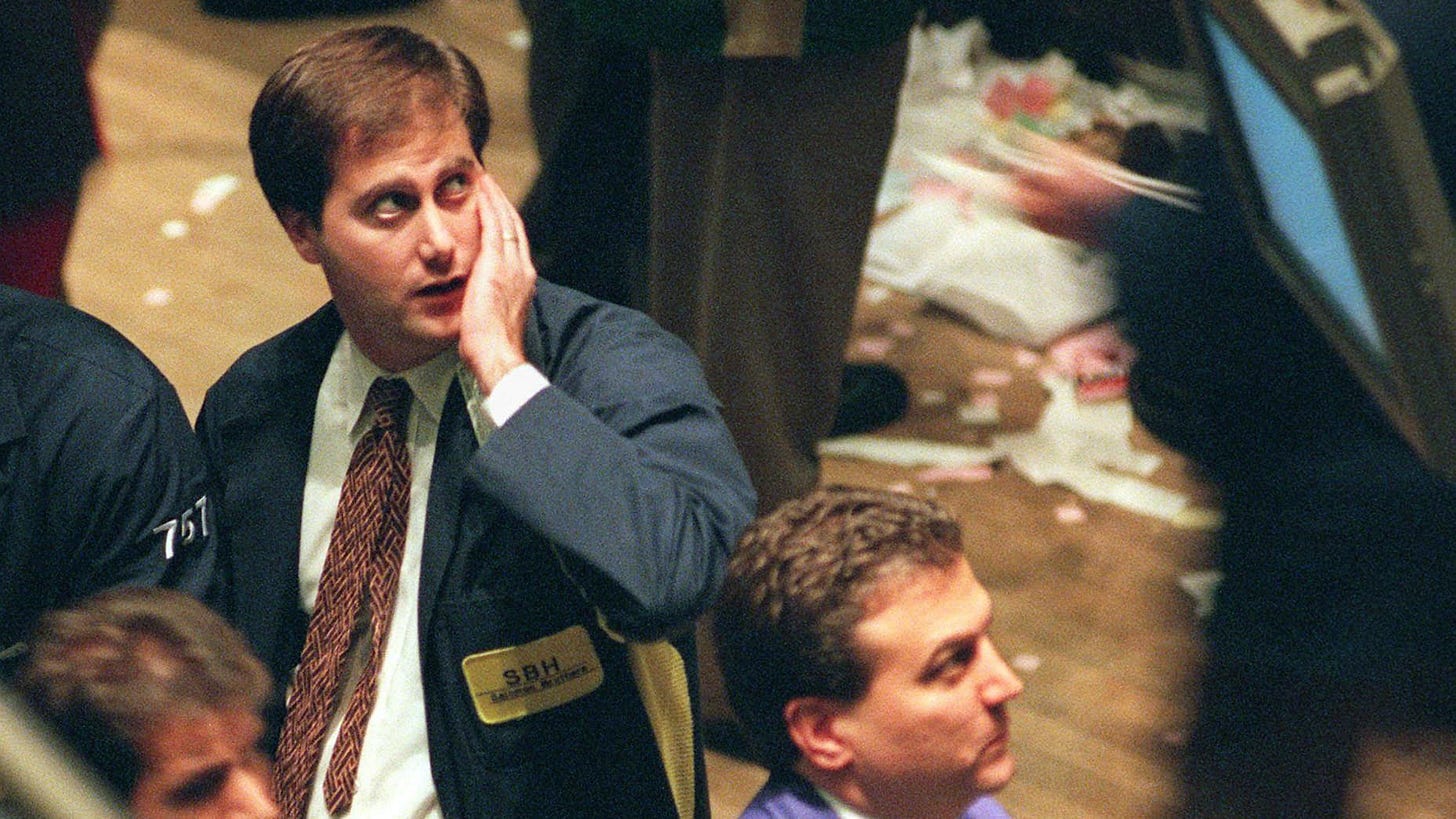Of Asian Flu and Central Bankers
The Clintonians at Treasury and IMF have learned nothing from the Mexican debacle.
by Rod D. Martin
January 16, 1998
As Asia's economic flu continues to wreak havoc in world markets, Japan -- and with it the world -- teeters on the brink. Alan Greenspan holds the keys to recovery. It remains to be seen whether he can -- or will -- turn those keys before the Clinton Administration welds shut the locks.
For a group who's favorite slogan is "It's the economy, stupid," the Clintonians persistently show an abysmal ignorance of economics. This was painfully clear a few years ago in Mexico, when the U.S. Treasury forced a radical devaluation, turning a minor crisis into a steep depression and virtually wiping out a newly thriving middle class. Al Gore, in his Vice Presidential debate with Jack Kemp, actually had the nerve to brag that our government had made money on the deal. No doubt, thousands of unemployed, foreclosed-upon Mexicans were pleased to hear that news.
Needless to say, the administration has learned nothing. As in Mexico, the Treasury Department and the Internat…



